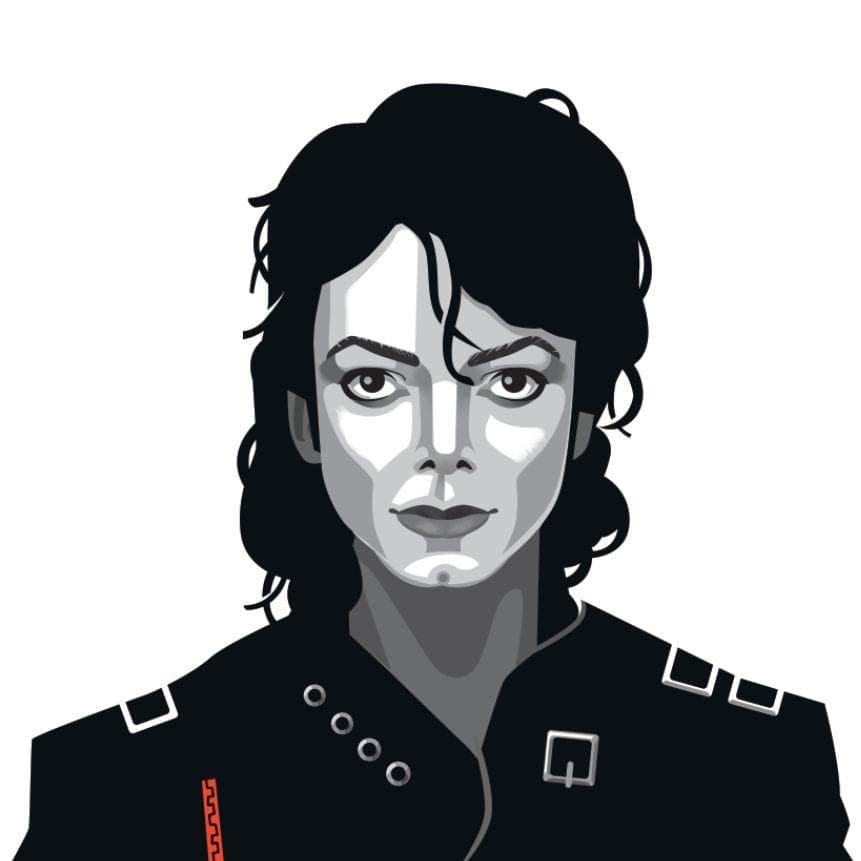-
(#9) It Creates the Space for Cyberbullying
According to a recently published meta-analysis of existing psychological studies on the phenomenon, cyberbullying (bullying online) is linked to depression and suicide among teenagers. The anonymity of the Internet allows people to say what they “really think” to each other without much fear of retribution or recognition. This anonymity, combined with the general viciousness of teenagers (sorry teens, not trying to generalize), makes cyberbullying and its associated health risks a real problem.
Unfortunately, many studies on the issue found that teens are likely to suffer cyberbullying in silence, so parents should check in once in a while to make sure all is well in their kids’ virtual world.
-
(#11) It Glamorizes Dangerous Behaviors
At risk of sounding like a one-million-year-old member of the morality police, it’s worth mentioning that at least one study links social media usage to increases in “poor health” decisions in teenagers, like smoking and drinking.
According to the Case Western Reserve School of Medicine study, “hypertexters” are young people who send 120 or more text messages per school day. And hypertexters, who are also more embedded in the world of social media are far more likely to participate in illicit and/or detrimental health behaviors. For example, hypertexters are “41 percent more likely to have tried illicit drugs” than their non-hypertexting peers, and they are “43 percent more likely to be binge drinkers.” And these are just a few of the unhealthy behaviors tested in the study. Although researchers are careful to point out that the correlations they found to not equate to “cause and effect,” their findings do create a new category of “health risks” for teenagers.
-
(#4) It Can Result in Early Death
This one is particularly disturbing. There are lots of studies and evidence to substantiate the idea that too much screen time leads to too much sitting, which leads to lowered cardiovascular health. So it’s important to get up and exercise after a long day on the computer, right? The scary thing is that research suggests that exercise can’t necessarily offset the negative effects of the particular sedentariness of being on screens.
In fact, a 2011 study demonstrated that adults who spent at least four hours a day sitting in front of a screen were around 50 percent more likely to die (of any cause). In addition, they were more likely to experience heart attacks and strokes. And these results didn’t really change when researchers factored in the amount of moderate-to-vigorous exercise the study participants did. Looks like it’s time to invest in a standing desk.
-
(#3) It Can Increase the Risk of Cancer
According to Dr. Aric Sigman, a psychologist in the UK, the isolation that social media and screen time can create might actually alter the way our genes work. Basically, Sigman’s idea is that our bodies do different things when we engage with other people in person vs. when we do so virtually. For example, our brain produces a hormone called oxytocin, which promotes bonding, and this production is different depending on whether people are in close physical contact or not. And that’s just one example of the kinds of physiological differences Sigman cites as important in the gap between in-person and online communication.
Ultimately, Sigman’s gene alteration theory contends that increased isolation changes our physical processes in lots of different ways and can leads to lots of different but associated health problems, including but not limited to cancer.
-
(#5) It Contributes to Anxiety and FOMO
Social media creates and contributes to our anxiety in two major ways: it causes us to compare our lives to others, and it is involved in the fear of missing out (FOMO, as the kids call it). Even though we all know in theory that most people carefully curate the most idealized versions of themselves and their lives for their social media personas, it’s still really difficult to not compare our own lives to theirs (muttering things to ourselves like, Traci’s traveling AGAIN? HOW DOES SHE AFFORD IT? while at our boring desk jobs).
These feelings of envy and inadequacy associated with viewing other people’s lives through the lens of social media can contribute to feelings of low self-esteem, anxiety, personal failure, and it can even create obsessive-compulsive thought patterns and behaviors.
-
(#7) It Leads to Sleep Problems
There are actually a bunch of reasons why too much screen time can lead to sleep problems. For one thing, there’s a hormone called melatonin that helps control our sleep/wake cycles. The blue light emitted by our screens restrains the production of melatonin, and can make it more difficult to both fall asleep and sleep well once you do.
Moreover, if you think tech helps you unwind before bed, you’re pretty much wrong. Sending a few quick emails or scrolling through a Twitter feed actually tricks you’re brain into thinking it needs to stay awake longer by exciting, startling, or upsetting it.
Finally, sleeping with technology in the bedroom harms sleep because its chimes, alerts, signals, and vibrations can literally wake us up. And, sometimes even when it doesn’t sound audibly, tech in the bedroom can create the expectation of an alert, which also makes it difficult to sleep and sleep well.
To get better sleep, experts recommend turning off all screens at least 30 minutes before bed and leaving tech outside the bedroom door.
New Random Displays Display All By Ranking
About This Tool
Social media has greatly changed the way we communicate, we have access to unlimited information and can instantly connect with people from all over the world. Social media is also a powerful tool for motivating people to take action to promote social revolutions. However, because it has developed so rapidly and has a profound impact on interpersonal relationships, the flood of information on social media may increase people's risk of suicide, reduce their sleep time and influence their moods.
Excessive use of social media may have a negative impact on personal mental health, especially young people who are addicted to the online world. The random tool lists 11 ways about how social media is ruining our physical and mental health day by day.
Our data comes from Ranker, If you want to participate in the ranking of items displayed on this page, please click here.















